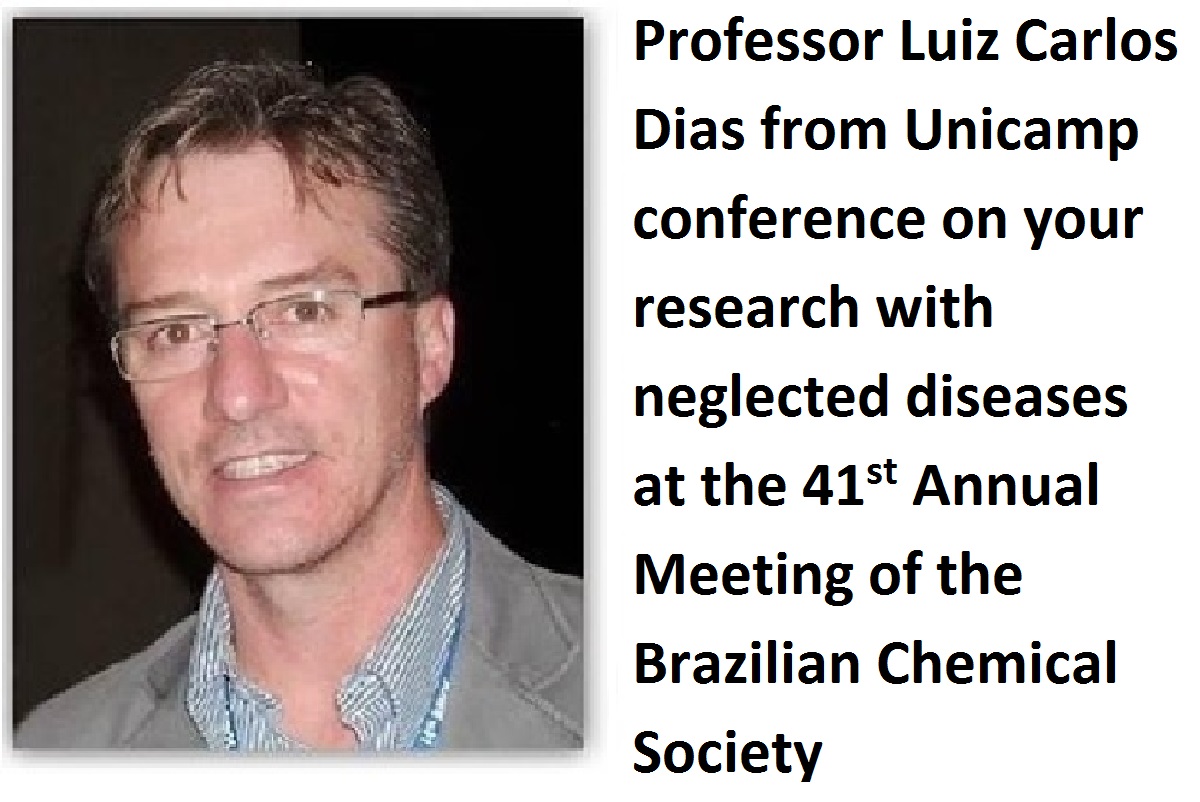Professor of Unicamp will conference on his research with neglected diseases such as malaria, Chagas and leishmaniasis at the 41st Annual Meeting of the Brazilian Chemical Society.
The way to turn a molecule into a drug is long, full of barriers, and requires a fair amount of discipline and seriousness. It is thus, with intense dedication and surrounded by competent scientists, that Professor Luiz Carlos Dias (Unicamp) develops one of the most important works in medicinal chemistry in Brazil. He coordinates the Laboratory of Organic Synthetic Chemistry (LQOS), where he conducts lines of research aimed at the total synthesis of natural products with pronounced pharmacological activity and synthetic methodologies. Its goal is to reach effective drugs against tropical parasitic diseases neglected by the pharmaceutical industry, such as malaria, Chagas disease and leishmaniasis. At the 41st Annual Meeting of the SBQ, which will be held from May 21 to 24 in Foz do Iguaçu, Dias will hold a conference on the evolution of its projects with Medicines for Malaria Venture (www.mmv.org) and Drugs for Neglected Diseases initiative (www.dndi.org), international organizations to combat neglected diseases.

Professor Luiz Carlos Dias (Unicamp): “People do not have a clear perception about the contribution of science to life on this planet. We need to work towards reducing the alienation of society from science and technology.”
“The outlook is excellent, and we have very promising results, especially with malaria,” Dias says. “We are increasing the group with more postdocs, our network with the participation of more institutions and companies, and we have gained more knowledge about this activity of drug discovery, something unheard of in Brazil.” At LQOS, Dias and his team receive molecules, design the routes of synthesis and chemical modifications, execute the synthesis itself and perform tests – in Brazil and abroad – so that these molecules will be tested in humans. “We do not have enough activity against parasites in vitro.We have molecules that kill the parasites that cause malaria and Chagas disease quickly, but we stop working with them because they have lost activity against resistant strains, or because they inhibit hERG channels, interact with human kinases, present solubility problems, are inhibitors of CYP51, have low metabolic stability, high clearance, toxicity, or low pharmacokinetic and pharmacodynamic profile, “he explains.
For the director of the Division of Medicinal Chemistry of SBQ, Rafael Guido (IFSC-USP), the conference will be very attractive for Brazilian researchers, because Professor Dias has success stories to share. “I follow the work of Professor Dias and his team, and they have made significant progress in the area of discovery of active compounds for parasitic diseases in the last three years,” he says.
Dias has been one of the most active chemists on social networks in the defense of science on the issue of synthetic phosphoethanolamine, which has gained fame as the “cancer pill,” and which has been sold on the internet as a dietary supplement and used by people attempting to treat the disease. With his team, Dias performed chemical analysis and characterization of the substance on two different occasions (see issues 1217 and 1285 of the Electronic Bulletin SBQ) and demonstrated several differences between what the mixture contained and what was alleged to contain. “This case is typical of the lack of basic scientific knowledge of the population,” reflects the professor. “Our parliamentarians and advisors urgently need to be informed about science and technology issues to avoid such absurdities.”
Graduated from UFSC – Universidade Federal de Santa Catarina, a doctoral degree from Unicamp, with a postdoctoral degree from Harvard, Dias has 108 articles published, with more than 2,800 citations and H 30 index from the Web of Science. He is a full professor at Unicamp, where he began his teaching activities in 1992. He supervised 26 master’s students, 16 doctoral students, 28 scientific initiation students and supervised 20 postdoctoral students and 3 trainees. In 2008, its laboratory was accredited by the World Health Organization (WHO) as a world reference center for synthesis of compounds for the treatment of Chagas Disease.
In addition to the Dias conference, the Division of Medicinal Chemistry will hold the following activities at the 41st RASBQ: Organic and Medicinal Chemistry Workshop “From the Academy to the Private Initiative”, the thematic session “Chemistry of life: from cell to reactor”, and the Drug Planning mini-course.
Text by Mario Henrique Viana (Assessor de Imprensa da SBQ)
Source: Boletim da Sociedade Brasileira de Química 1305 de 15/02/2018
More information: http://boletim.sbq.org.br/noticias/2018/n3137.php





